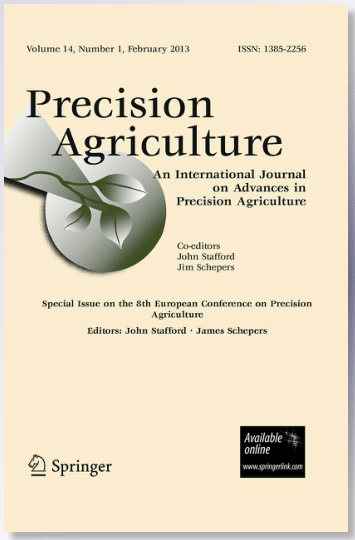This study examines the willingness of Spanish and Lithuanian grain farmers to adopt a combined approach of preventive site-specific spraying (PSSS) and selective harvesting (SH), two precision agricultural technologies (below referred to as PSSS-SH) aimed at mitigating the risk of mycotoxin contamination in barley and wheat.
Data were collected from 190 commercial grain farmers using a choice experimental survey. The empirical analysis relied on the estimation of mixed logit and integrated latent class models.
The surveyed farmers were heterogeneous in their preference for the PSSS-SH technology, with a majority (81%) reporting that they were willing to adopt and pay for the PSSS-SH technology. Furthermore, the farmers’ willingness to adopt PSSS-SH technology was influenced by the trade-offs between the potential production, economic and environmental changes.
Profit maximization is not the only motivation for a farmer’s decision to adopt PSSS-SH, there are also important non-financial benefits that align with the observed choices. Furthermore, the perceived usefulness of the technology, the willingness and readiness to use the technology, and the farmer characteristics (e.g. cooperative membership, employment status, share of household income from grain production and past experience with precision farming technology) were positively associated with uptake of the PSSS-SH technology. Therefore, extension programmes should have a special focus on the perceived usefulness of the technology, the willingness and readiness of farmers to use it, and its unique characteristics.



